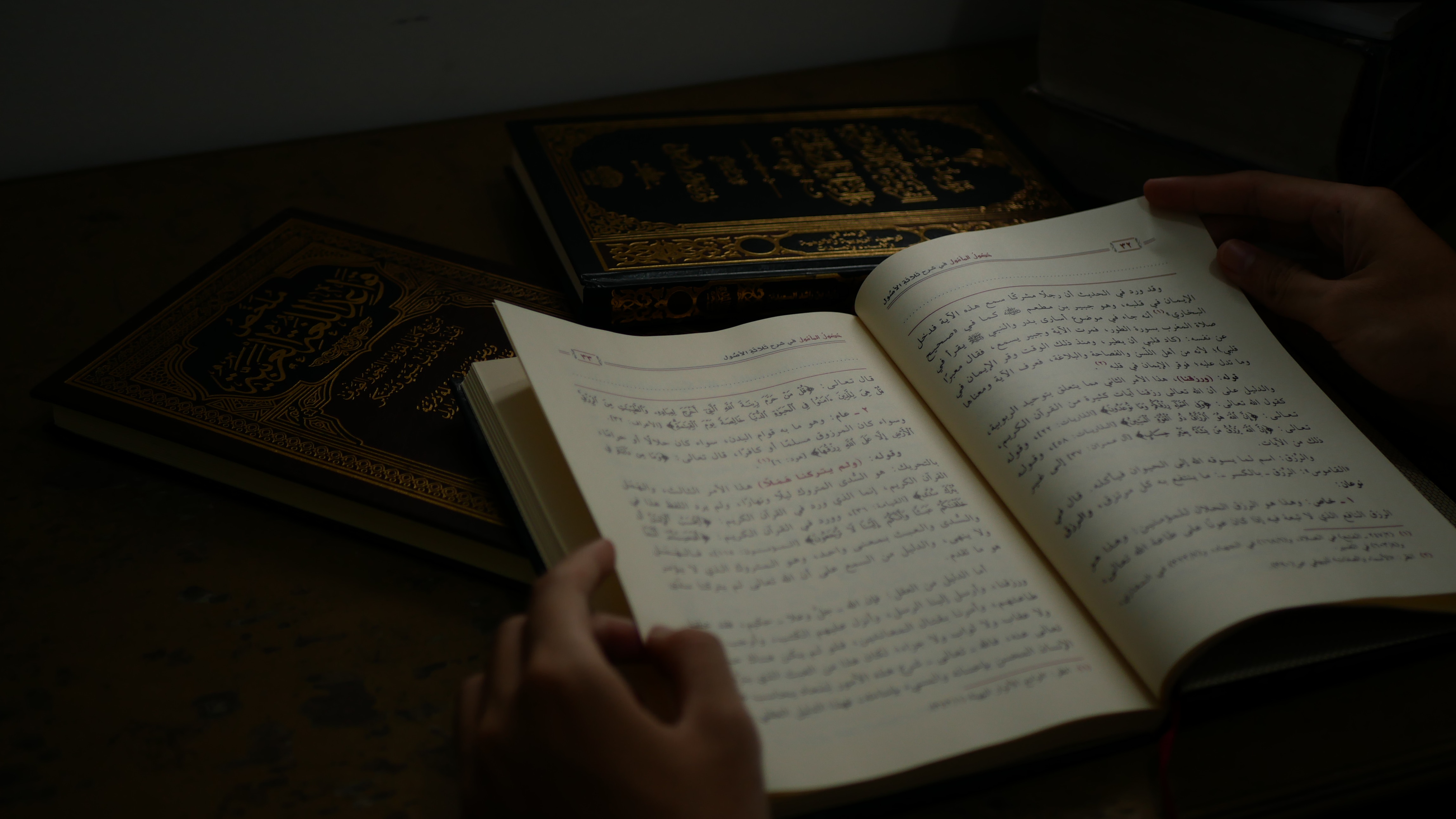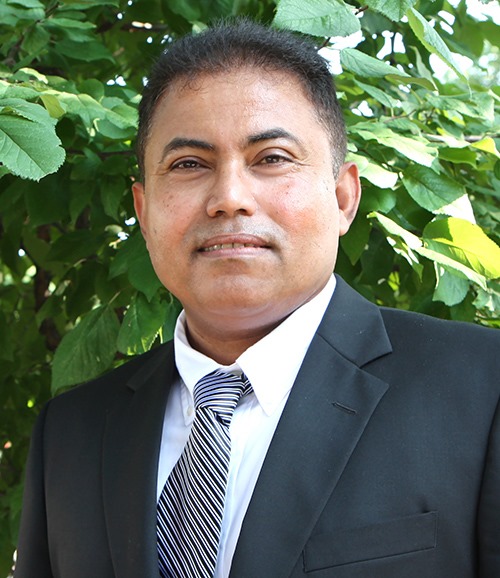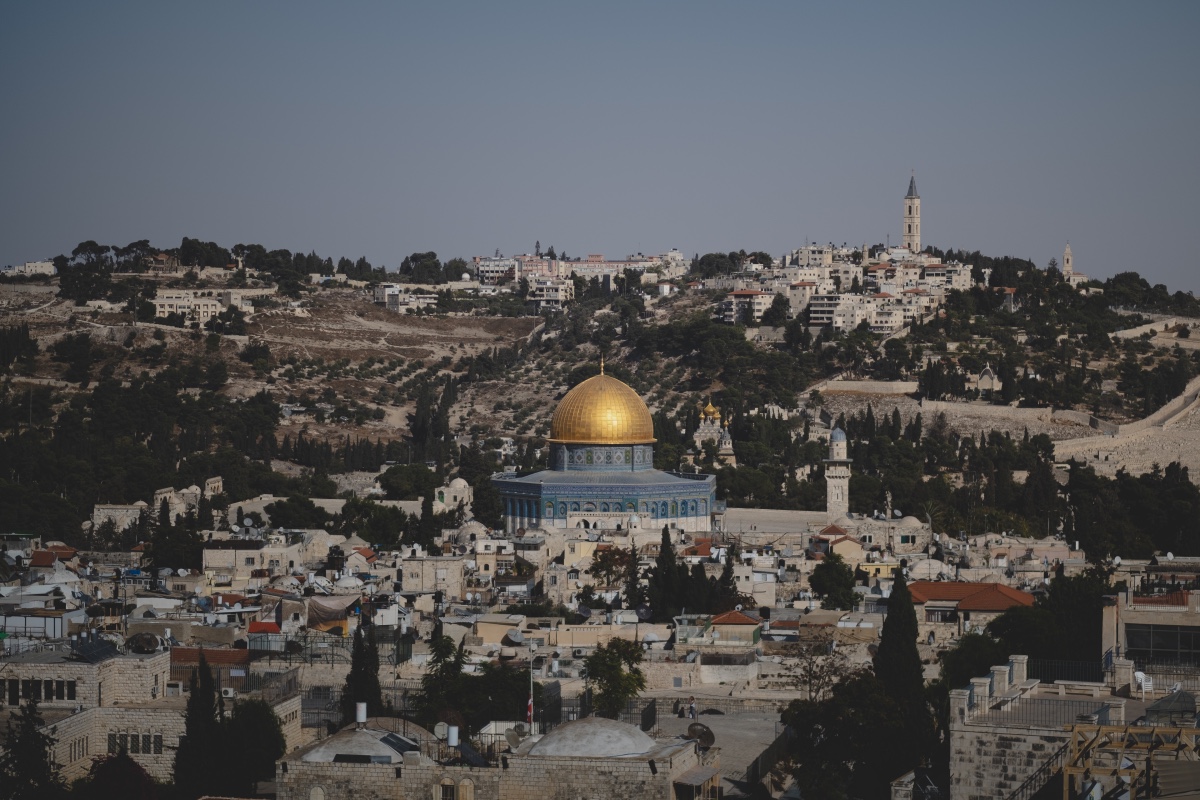Islam and Late Capitalism in Egypt
By Geoffrey Cook, MMNS
Berkeley–In his introduction to the presentation of Professor Heba Reof, a political scientist at Cairo University, Dr. Nezar AlSayyed, the Chair of the Center for Middle Eastern Studies at U.C. Berkeley, stated, when he was in Cairo, he always conferred with Ms. Reouf for she is one of the experts on Islamism in Egypt.
Dr. Reof was dressed as a proper Islamic traditional woman with a prominent Hajjib. Her studies recently entailed the linkage between the Egyptian public sphere and the context of contemporary latter Capitalism.
She believes that there is a tension between space reflection and theory amongst the trading and related classes. The informality of Cairo’s economic structure helps to comprehend the financial construction of the nation. Monetary viable fiscal transactions are constantly taking place, but simultaneously societal development is lagging, and that has led to a relaxed urban familiarity. Each municipal inhabitant mirrors the countenance of their other fellow citizens.
Curiously, Heba was adamant that the casualness of contemporary “Alexandrian†society can actually emulate the spiritual. Therefore, religion can, also, be reflected in this societal laissez-faire attitude – especially as in modern late Capitalism found in Northern Africa.
The Egyptian populace is negotiating its boundaries. This informality is not a protected way of life. It is affected by the economy and society. In a Third World situation, reliance(s) reside on small scale indigenous networks within local communities themselves. There are no particular patterns of interactions. Informal styles of pecuniary survival give dignity to the Subaltern (the shoddy to lower middle classes). The unperturbed attitude in the developing world offers an individual protection from the State, also. It possesses innovation that can lead to Modernity, but, almost counter to her previous statement, she states that there is no space for the casual within religion (because religious conviction is dominated by the ritualistically ceremonial – even within Islam itself although not as stalwartly as the spiritual traditions bordering upon it). She prefers that her “spiritual†archetype (i.e., the Islamic) to move even further away from Christian conceptualizations found (almost universally in the contemporary world,) though.
Strangely, although Western scholars contend that Islam is fully melded with the State, in actuality, there is some tension between the secular and the divine even within the Muslim State. Thus, religion is not as homogenous, as it is in most Islamic culture in the Egyptian example, according to Ms. Reof.
With the raise of Cosmopolitanism within the sphere of the Nile, faith has become manifested inside an urban space. Dr. Reouf declared that surrounded by this sacred tradition in the metropolitan space, it can become ill intentioned — degenerating from the unceremonious into militancy quickly. Socially, “If you can’t predict the informality within the spiritual, you might end up with a civil war!†There has been a rise of political agency as her ancient civilization has grown into the present. Further, “the rising competition amongst the different religiosities can, also, turn into violence.†Peculiarly, “Informality can create its own [type] of formality.â€
“The theory of the State can control the public sphere, but†in an odd twist to her argument, she states that “the informal is [always] questionable.â€
At first, the Egyptian State used criminal (“Mafiaâ€-like) techniques to repress those they considered to be “Fundamentalists†(e.g. Islamists). There, further, was inter-communal violence between the Copts (Egyptian Christians who make up 20%of the population of Egypt still) and the Islamists which was acerbated even more by the media, but in time the Islamists were able to secure their position within the Egyptian political landscape.
Besides, Professor Heba Reouf’s brilliant analysis, she is a testimony to the accomplishments of Muslim women in Egypt and the rest of the Islamic world.
12-21














2010
868 views
views
0
comments